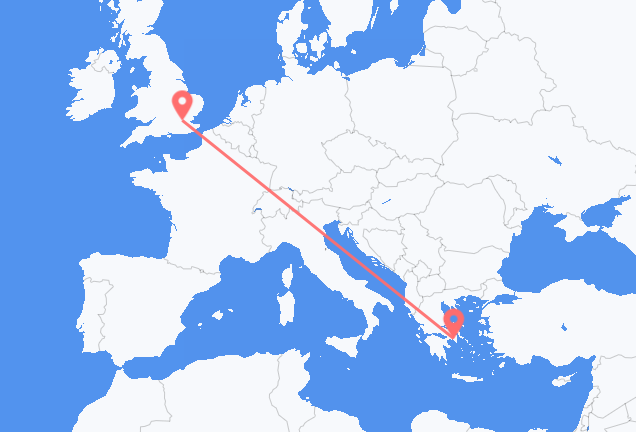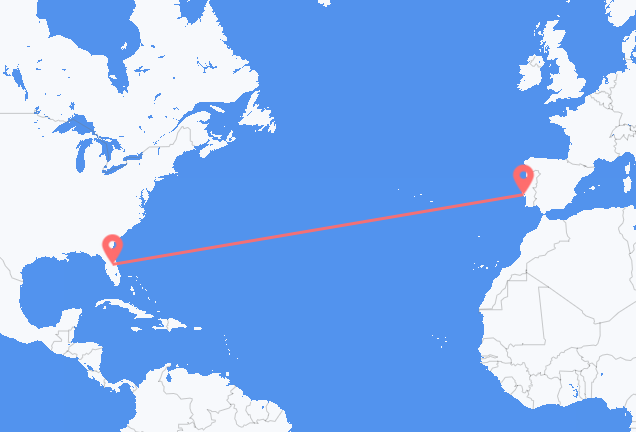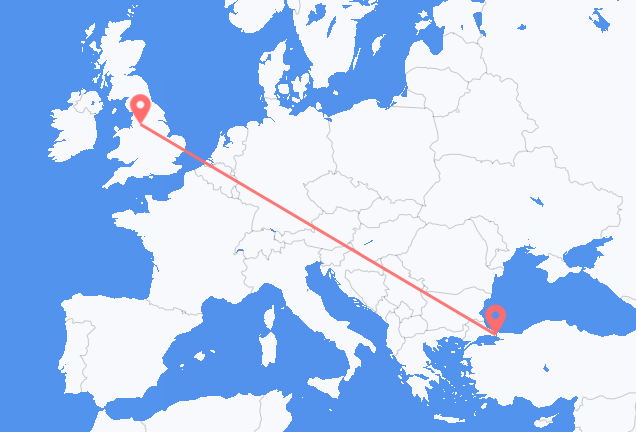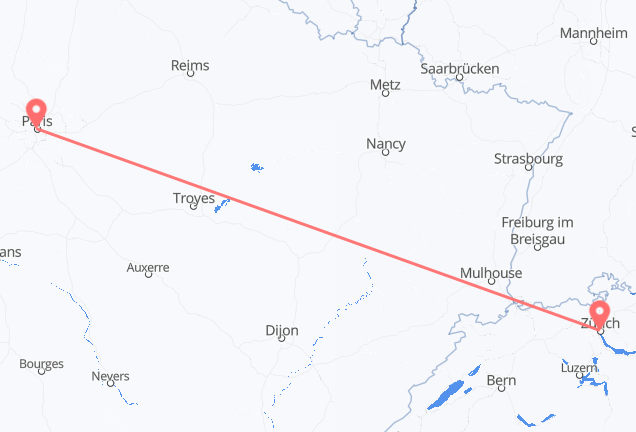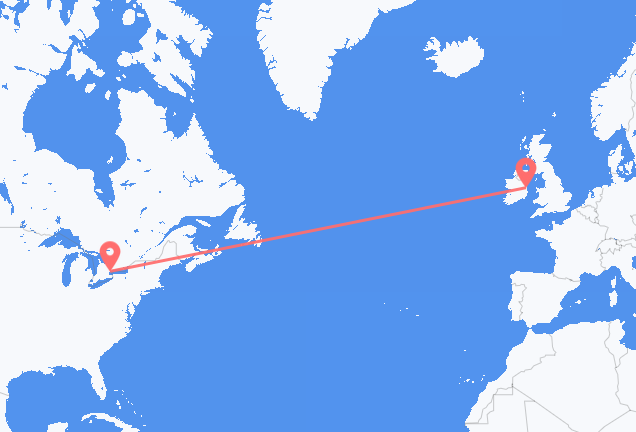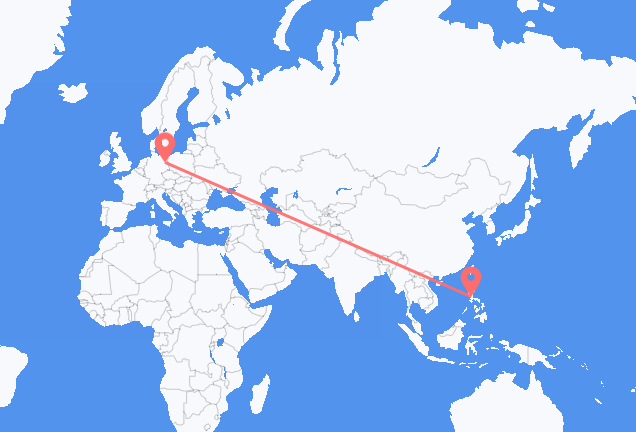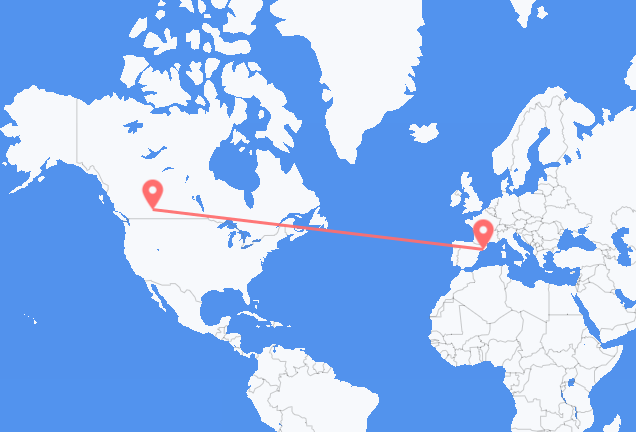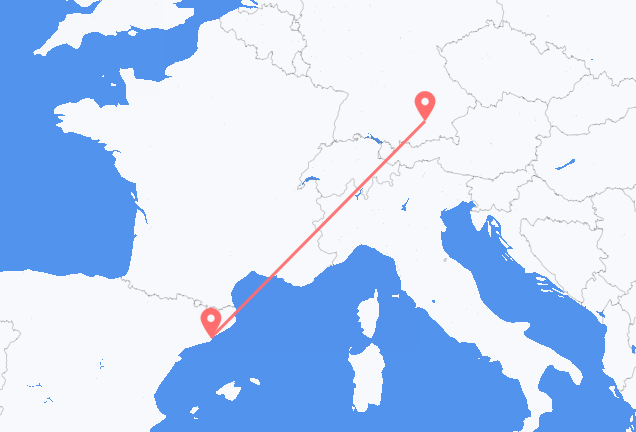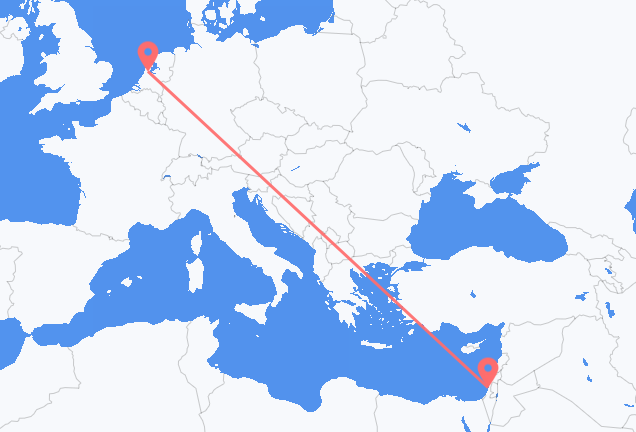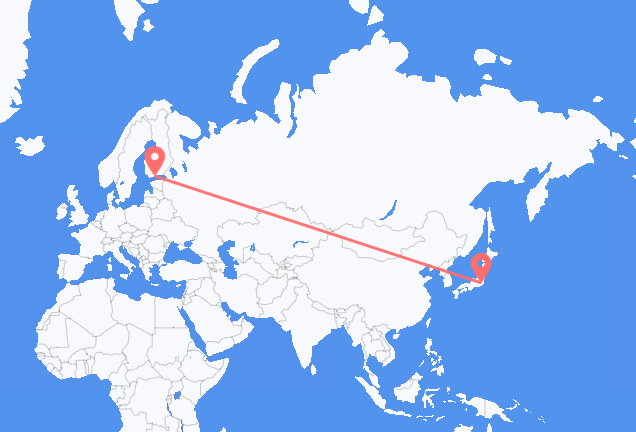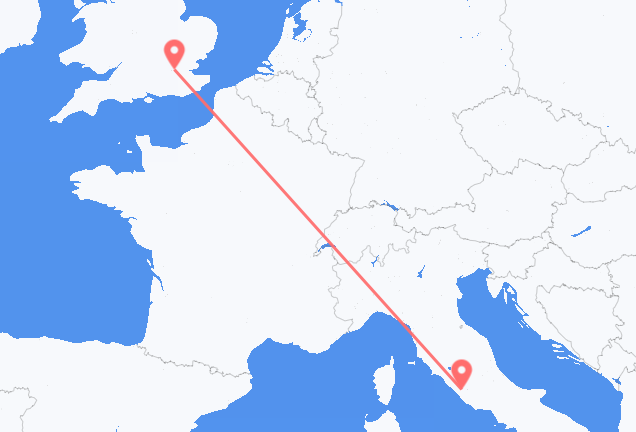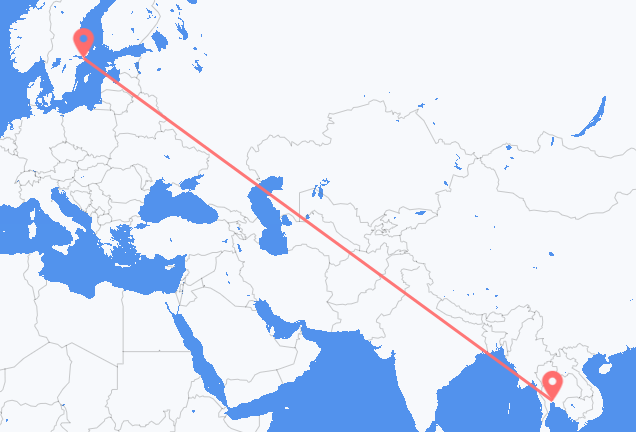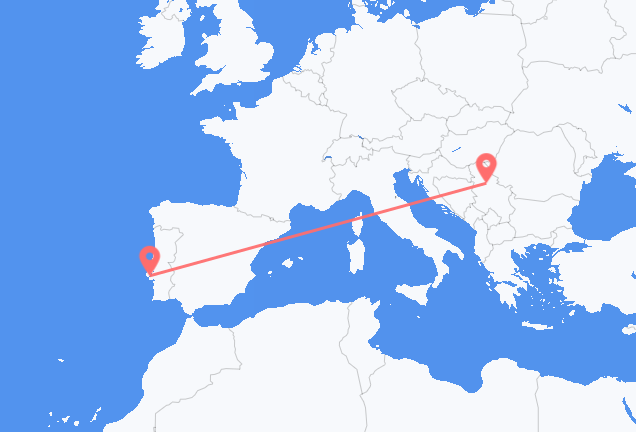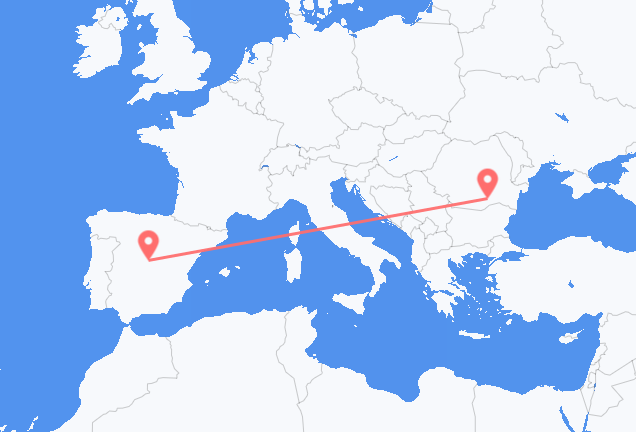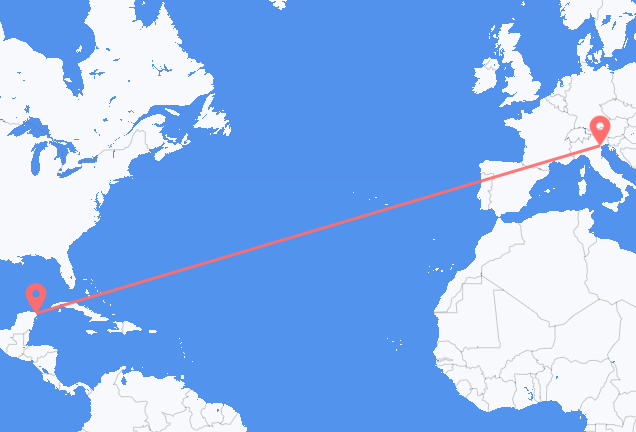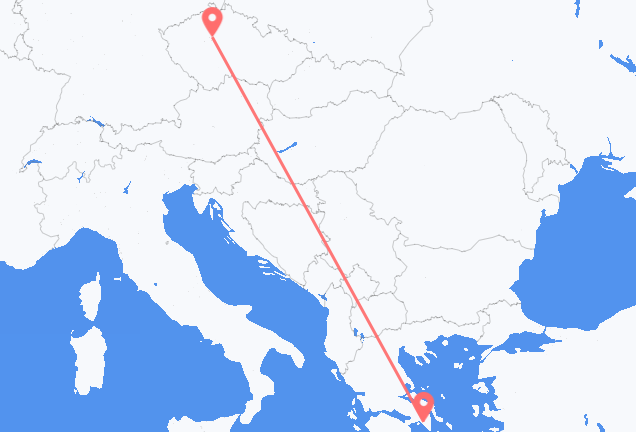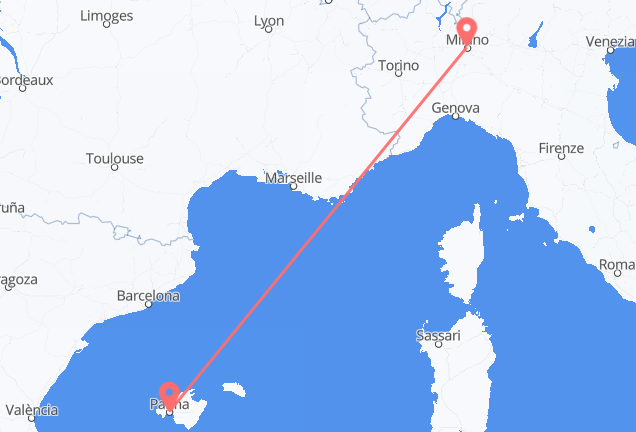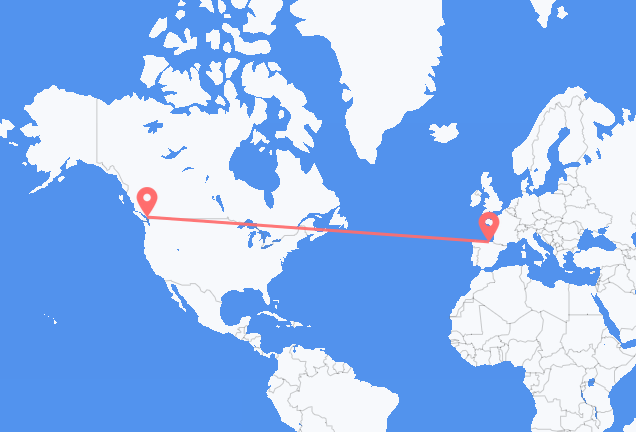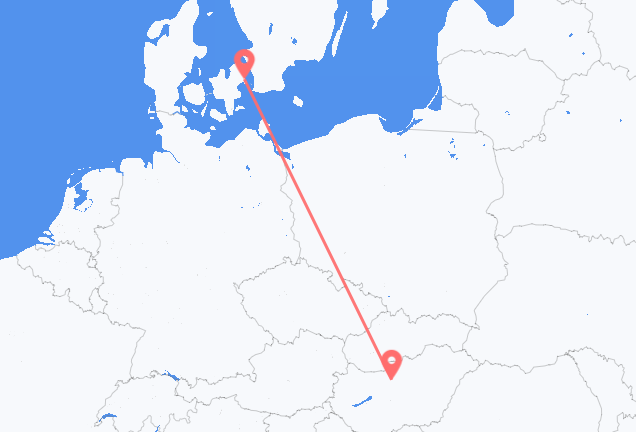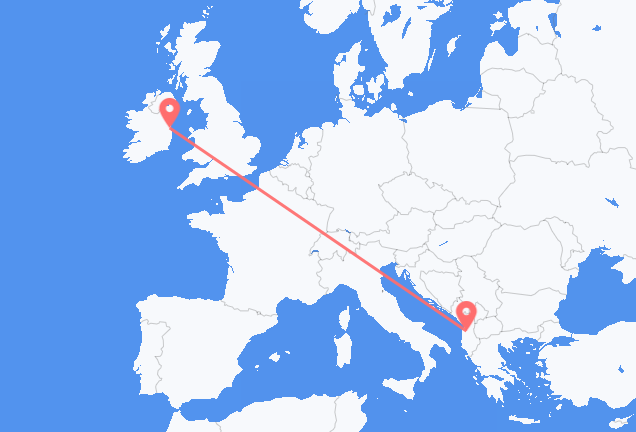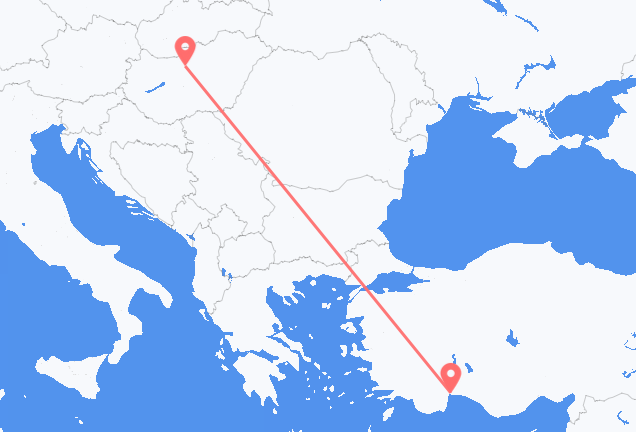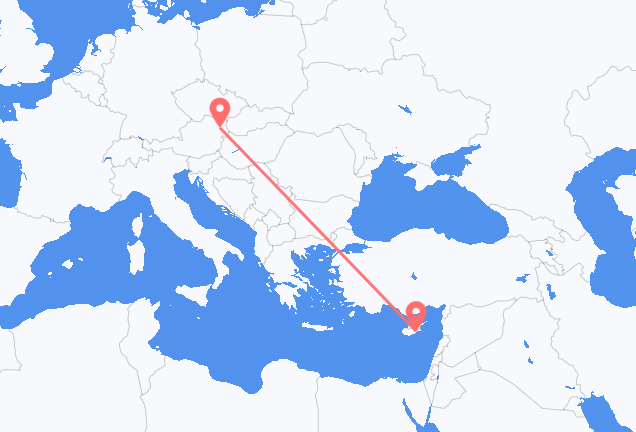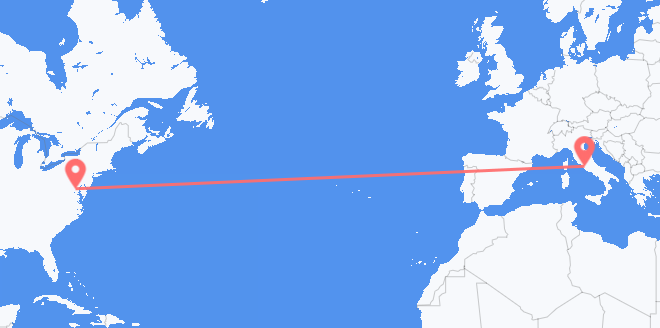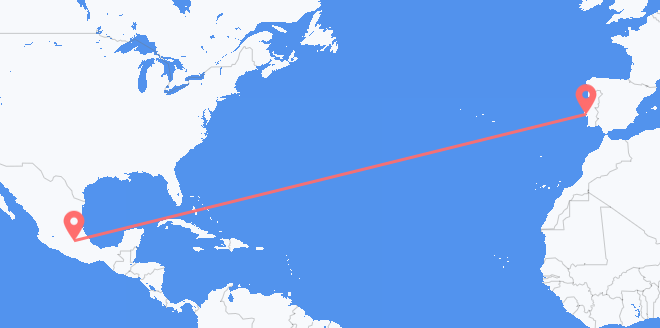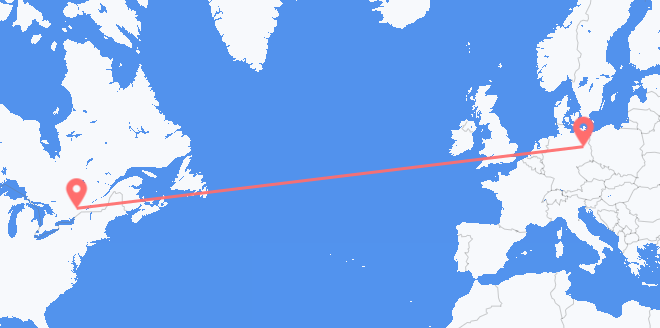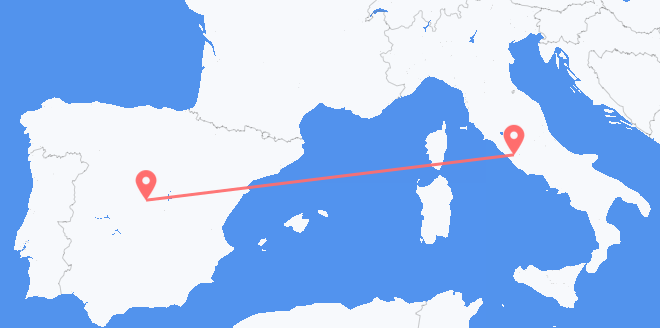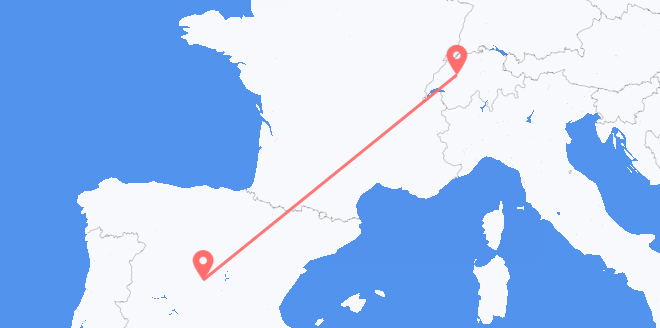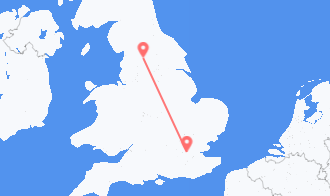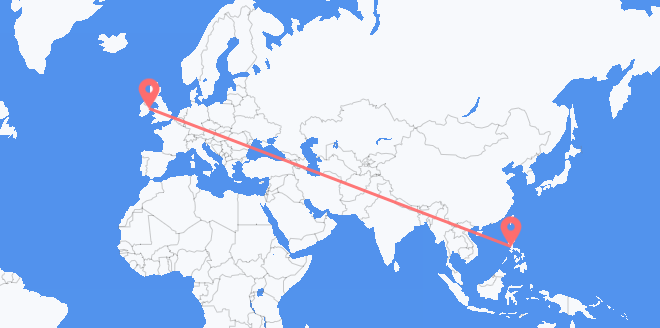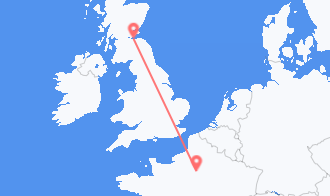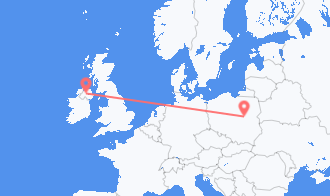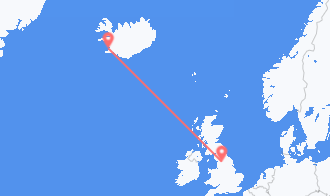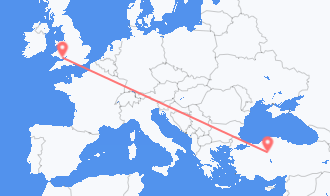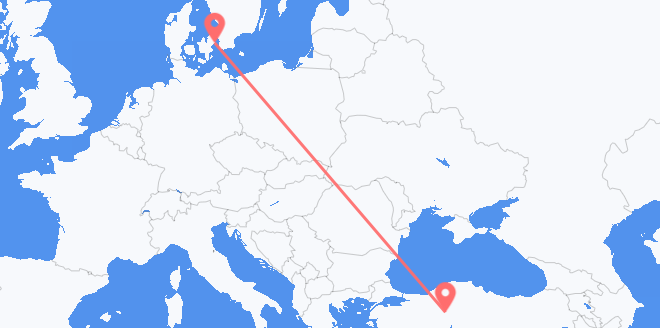
Cheap Flights to Europe – Lowest Fares & Maximum Choice
Find the best deals on flights across Europe with extensive options and round-the-clock booking support
Cheap Flights to Europe – Lowest Fares & Maximum Choice
Find the best deals on flights across Europe with extensive options and round-the-clock booking support
Find the perfect flight
Select flights
Round trip
Economy
Select travel dates
DepartureReturn
Not sure where to start?
Check out
Frequently asked questions
Add travelers
1 traveler
Not sure where to start?
Check out
Frequently asked questions
Flights to popular cities in Europe
Flights between Europe and popular cities worldwide
Why Choose Europe’s #1 Travel Platform
Discover the advantages that make us the most trusted choice for your adventure in Europe
Europe’s Trusted Travel Marketplace
We’re your one-stop platform for booking flights across Europe with ease, speed, and confidence.
Best Price Guarantee
Find a better price for the same flight elsewhere? We’ll match it. That’s how confident we are.
Trusted by Travelers Worldwide
We work only with reputable airlines and local experts to ensure your journey is smooth from start to finish.
Wide Selection of European Flights
We compare hundreds of airlines and routes to bring you the most options to and from major and regional airports throughout Europe.
Seamless Booking Experience
Enjoy instant confirmation and an easy-to-manage interface for all your travel needs.
Unbeatable Flight Deals
No hidden fees, just real-time access to the best fares from leading airlines and travel providers.
Multilingual 24/7 Customer Support
Need help while booking or flying? Our team responds in seconds, no matter the time zone.
Europe’s Trusted Travel Marketplace
We’re your one-stop platform for booking flights across Europe with ease, speed, and confidence.
Seamless Booking Experience
Enjoy instant confirmation and an easy-to-manage interface for all your travel needs.
Best Price Guarantee
Find a better price for the same flight elsewhere? We’ll match it. That’s how confident we are.
Unbeatable Flight Deals
No hidden fees, just real-time access to the best fares from leading airlines and travel providers.
Trusted by Travelers Worldwide
We work only with reputable airlines and local experts to ensure your journey is smooth from start to finish.
Multilingual 24/7 Customer Support
Need help while booking or flying? Our team responds in seconds, no matter the time zone.
Wide Selection of European Flights
We compare hundreds of airlines and routes to bring you the most options to and from major and regional airports throughout Europe.
Frequently asked questions
How many cities in Europe can I fly to?
There are 654 cities in Europe that welcome international flights, with a total of 422,747 flights arriving from various countries around the world only last year.
How many airports in Europe can I fly to?
Europe has 689 airports welcoming international flights.
How many airports in the world offer flights to Europe?
There are 2,646 airports around the world that offer flights to destinations in Europe. This extensive network of airports makes it easy to plan a trip and access Europe.
Which airlines fly to Europe?
More than 100 airlines operate flights to Europe. Among the most popular choices for intra-European travel are British Airways, Lufthansa, Air France, and KLM Royal Dutch Airlines. For transatlantic travel, Delta Airlines, United Airlines, and American Airlines are among the major US carriers offering flights to Europe. For budget conscious travelers, low cost carriers like Ryanair, EasyJet, and Norwegian Air Shuttle ensure affordable options for local flights within Europe and select transatlantic routes.
How far in advance should I book my flights to Europe for the best deal?
To secure the best flight deals to Europe, booking 2 to 4 months in advance is recommended. This timeframe ensures affordability and availability. For peak summer season travel (June – August), book at least 3 to 4 months ahead due to high demand and rising prices. Airlines adjust fares during this time. For off-peak seasons like winter, spring, and fall, 2 to 3 months in advance is often sufficient. Flight prices vary by destination, airline, and season. Stay flexible with dates, explore low-season options, and monitor prices regularly to ensure the best flight deals to Europe.
How do I find the best flights to Europe?
To find the best flights to Europe, begin searching at least two to three months in advance. This timeframe often yields fantastic deals and provides sufficient time for planning. Being flexible with your travel dates can also result in lower airfares, especially if you choose to fly during weekdays or shoulder seasons, from March to May and September to November.
Use the search bar at the top of this page to find the best flights to, from, and within Europe.
How do I find cheap flights to Europe?
When searching for cheap flights to Europe, several strategies can significantly enhance your chances of finding the best deals. Being flexible with your travel dates and destinations is key. Take advantage of lower-demand periods, such as off-peak seasons or weekdays, and consider alternative airports for potential savings. Additionally, booking your flights well in advance can lead to considerable savings, while waiting for last-minute deals may occasionally result in bargains.
By following these tips, you'll secure cost-effective flights to Europe. Find deals by entering your travel details above and clicking search.
What’s the best way to find flights to Europe that have flexible change policies?
Every airline has different policies on changes and cancellations. By narrowing down which airline is available to you, you can then inquire about their policies in the event of a change or cancellation.
The best way to book a flight with flexible rebooking and cancellation policies is to find the route you would like to fly and see what options there are that meet your requirements. Airlines often offer tickets with flexible policies at an extra cost.
You can begin your search for flights to Europe with flexible change policies on this page. Simply enter your travel dates, airport of departure, and destination in the search bar to review your available options.
What are the baggage policies for flights to Europe?
Baggage policies for flights to Europe can vary depending on the airline, ticket class, and sometimes the route. For carry-on baggage, passengers are usually allowed one piece of luggage and one personal item, such as a purse or laptop bag. The size limit for carry-on bags is typically around 22 x 14 x 9 inches (56 x 36 x 23 cm) and the weight limit is usually 15-20 pounds (7-9 kilograms). As for checked baggage, airlines often have weight limits ranging from 50 to 70 pounds (23 to 32 kilograms) per bag, with additional fees for exceeding these limits.
Baggage policies for flights to Europe can vary depending on the airline, ticket class, and sometimes the route. To avoid any issues or extra fees, it's essential to check the specific baggage policies of your chosen airline before your flight to Europe. This way, you can ensure that you comply with their requirements and pack accordingly for your trip.
How early do I need to be at the airport before a flight to Europe?
For both international and local flights to Europe, most airlines recommend you arrive at the airport at least 2–3 hours prior to the departure of your flight. This gives you time to check in, get through security, and locate your gate. Keep in mind that arriving earlier can help avoid any unexpected delays or complications that may arise during the travel process.
Do I have to go through customs when traveling within the EU?
For flights within European countries, customs procedures are generally not required. This is because the EU is a custom union, which means there are no tariffs or customs checks on goods and services within the union. However, some countries may have passport controls or additional security checks at their borders, especially for non-EU citizens.
To ensure a smooth and stress-free travel experience, we recommend checking the entry requirements of your destination country before you depart. Additionally, arrive at the airport 2–3 hours prior to departure to allow for check-in and security screening.
What documents do I need to fly to Europe?
To travel to Europe, you'll need several essential documents. First, ensure your passport is valid for at least six months beyond your planned return date. Next, determine if you require a visa for your trip. Visa requirements depend on your nationality and the purpose of your visit. Non-EU nationals who are flying to Europe can find more information on the official website of the European Union.
Having a copy of your travel itinerary, including flight reservations and accommodation details, is advisable, as immigration authorities may request this information upon arrival. Carrying a secondary form of identification, such as a government-issued photo ID like a driver's license, is a good practice in case your passport is lost or stolen during your trip.
Lastly, be aware of specific entry and exit requirements or documentation needed for your chosen European destination. These requirements may include proof of sufficient funds, return or onward travel tickets, or vaccination certificates. Verify these with the relevant embassy, consulate, or official government website well in advance of your trip.
Do I need travel insurance for my flight to Europe?
While not a legal requirement, travel insurance is highly recommended for international and intra-European flights to safeguard against unexpected situations. It covers a range of issues like trip cancellations, medical emergencies, lost luggage, and travel delays, which can otherwise incur significant costs and cause stress.
Before purchasing, thoroughly review coverage options and exclusions to ensure suitability. Some European countries may require proof of travel insurance or sufficient funds for medical expenses upon entry, so check destination entry requirements beforehand.
I need to travel, but my flight has been canceled. How can I get to Europe?
In cases where flights to Europe are canceled, you have options to consider. You can choose to ask the operator of your flight that has been canceled to put you on the next available flight, or you can choose to switch to a different airline entirely. Keep all your receipts and communication, as they can help you recoup costs in the future if possible.
Are there consumer organizations that I can contact about issues during my travels to Europe?
Yes, if you're planning flights to Europe, there are consumer organizations you can contact if you encounter issues during your travels. The Civil Aviation Authority in your home country should be able to assist you in filing a complaint.
There are also some other options to file complaints. For those in the EU, the European Consumer Association, in the UK, the UK Travel Association, in the United States of America the Aviation Consumer Protection Agency, and in Canada the Canadian Transportation Agency are all available to handle complaints.
What are Air Passenger Rights?
Air Passenger Rights is a set of regulations that protect the rights of air passengers when traveling by plane. These regulations apply to all flights departing from airports within the European Union (EU) as well as international flights to Europe on EU-based airlines.
The following disruptions are instances where you may be eligible for compensation: flight cancellation, flight delay, missed connection, lost baggage, overbooking, and airline strikes. You can find more information on Air Passenger Rights on the official website of the European Union. The specific rights and compensation amounts depend on the specific circumstances of the flight disruption and are outlined in the EU Regulation 261/2004.
When will I get a refund if my flight to Europe is canceled?
If your flight to Europe is canceled, you may be entitled to a refund depending on the airline’s policy and the specific circumstances of the cancellation. Airlines are typically required to offer a refund if they cancel a flight, but the exact timeframe for receiving the refund can vary depending on the airline and the payment method used. Refunds can take several weeks to process, especially during peak travel seasons. Some airlines that fly to Europe may offer quick refund processing for a fee, although this is not always available.
Popular types of travel packages in Europe
travel packages in all countries in Europe
travel packages in all the top destinations in Europe
Top-rated Travel packages in Europe

Install Europe’s biggest travel app
Download Europe’s biggest travel marketplace to your phone to manage your entire trip in one place
Scan this QR code with your phone camera and press the link that appears to add Europe’s biggest travel marketplace into your pocket. Enter your phone number or email address to receive an SMS or email with the download link.
























